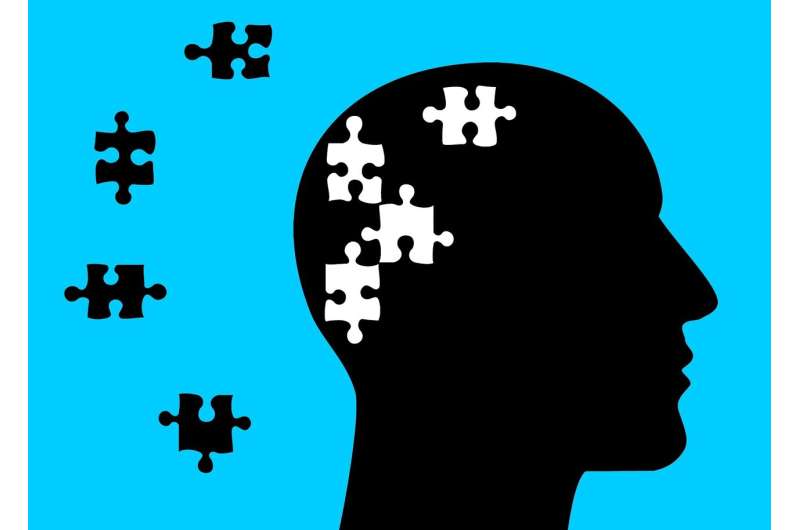Addressing the Silent Crisis of Aging in Ghana: How to Better Support Elderly Citizens

Ghana's rapidly growing elderly population faces emotional, social, and economic challenges due to increasing isolation and inadequate support systems. Learn how community-based strategies can transform aging in Ghana.
Ghana is experiencing a significant demographic shift, with the elderly population increasing rapidly—a trend that often goes unnoticed amidst the country's focus on its youthful demographic. According to estimates from the Ghana Statistical Service, the proportion of people aged 60 and above is projected to exceed 12% of the total population by 2050, more than doubling from 6.8% in 2021.
This growing group of older adults is increasingly living alone due to social changes. The country has transitioned from extended to nuclear family structures, accompanied by rural-to-urban migration and international movement. Historically, elderly Ghanaians resided within multi-generational households, cared for by family members. Today, over 50% of the population lives in urban areas, leaving many seniors behind in rural communities or isolated in urban slums.
Recent research involving interviews across six Ghanaian communities reveals the emotional, social, and economic hardships faced by seniors who age in solitude. Many report feeling socially isolated, neglected, and unsupported. For example, a 73-year-old widow residing in the city shared her experience: her daughter lives abroad, her son visits infrequently, and she often waits in silence when unwell, hoping someone notices her plight.
Data from the Ghana Living Standards Survey and WHO SAGE Wave 2 support these findings, indicating a rise in older adults living alone—especially widowed women—highlighting a shift from previous norms of co-residence with children. Many older Ghanaians lack reliable caregivers and social safety nets.
As a researcher in population studies at the University of Ghana, I conducted qualitative interviews to explore these realities further. The findings point to a significant gap in current policies, which overlook seniors living without regular family support. Calls for comprehensive social protection measures, including subsidized healthcare, community outreach, emergency services, and mental health support, are urgent.
Older adults express feelings of loneliness, financial insecurity, and health challenges. Despite some pension schemes and spiritual activities providing solace, many struggle due to limited healthcare coverage, rising living costs, and waning family support. Vulnerability is particularly high among widows, who face land insecurity and social neglect, while many men feel underutilized and idle.
The World Health Organization warns that social isolation elevates the risk of dementia, depression, and early death, with Ghana facing additional barriers like limited healthcare infrastructure and cultural stigmas around aging. Although Ghana's 2010 National Ageing Policy aims to promote the well-being of older persons, implementation gaps have left many seniors behind, especially women.
Participants share poignant stories: a retired woman laments, "I survive on cassava and prayer," while another reflects, "Aging in Ghana is like walking into a forest—you disappear quietly, unseen." These gendered experiences highlight the increased economic and emotional vulnerability faced by women due to longer life expectancy and societal neglect.
Moving forward, Ghana must shift from policy rhetoric to actionable community-based interventions. Decentralized geriatric care, extending pension coverage to informal workers, public campaigns to reframe aging positively, and urban planning for age-friendly environments are essential steps.
Investing in older adults is not charity; it is a strategic move that reduces family burdens, enhances social capital, and leverages their wisdom for community development. Grassroots initiatives like church food programs, pensioner support groups, and intergenerational storytelling are effective models worth scaling.
Culturally, elders are seen as repositories of knowledge and tradition; their absence erodes Ghanaian cultural identity. Recognizing and supporting their needs protects both individual dignity and national heritage, ensuring no one is left to fade into oblivion due to neglect.
Source: https://medicalxpress.com/news/2025-06-ghana-older-people-left.html
Stay Updated with Mia's Feed
Get the latest health & wellness insights delivered straight to your inbox.
Related Articles
Exploring the Growing Overlap Between ADHD and Autism in Social Media Discourse
Recent social media analysis highlights a rising convergence in how ADHD and autism are perceived, emphasizing shared themes and community overlap fueled by diagnostic and cultural shifts.
Study Reveals Significant Decline in Youth Mental Health in England
A groundbreaking report uncovers a rapid decline in mental health among young people in England, driven by social and economic factors, emphasizing the need for systemic change.
Talking Therapy Shows Promise in Enhancing Recovery for Stroke Survivors
New research demonstrates that talking therapies significantly improve mental health recovery in stroke survivors, emphasizing early intervention and tailored approaches to maximize benefits.



